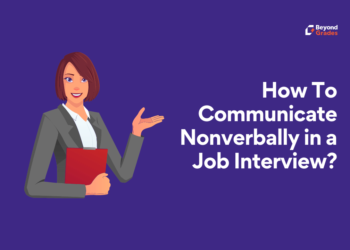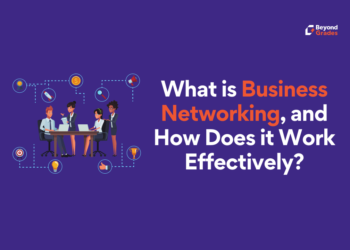[ad_1]
For most people today, a job is a dreaded Monday morning followed by 8-10 hours of work with each moment spent waiting for the time to pass.
However, suppose you work in a place that is actually in line with your interests and passion. In that case, the situation becomes the exact opposite. People who find their vocations in the things they like doing are successful both in their financial and personal life. The tedious jobs that do not carry our interests with them are more likely to deteriorate our personal lives, leaving many people emotionally drained and fretted.
Now, suppose you are already apprehensive about seeing all those monotonous 9-5 jobs. In that case, choosing a career that feels like a daily fun activity is significant, not just for you but for anybody who doesn’t want to spend the rest of their lives waiting for the weekend.
Nobody can guide you completely as to which field you should opt for, but here are the 4 ways to get an idea of what might become your future job by discerning which activity you enjoy doing.
1. Find your passion
What are your stress busters? What activities can you do at any time of the day without getting bored? If you had to do this one thing for the rest of your life (like reading, writing, dancing, football, cricket, mapping, coding, etc.) which one would you choose?

If you can think of that one activity while answering these questions – you know your passion! Although it is a fact that you should not pursue your passion blindly but neglecting it altogether is not good either.
We have an innate attraction towards things we are passionate about. Think of that one subject in school you picked up first before exams or that one lecture you always waited for in college.
Nonetheless, if you find it hard to think of any activity that might be your passion, you do not have to worry about it. Start noticing the things you do well. There must be something in your life for which you get recognition. It does not always have to be your passion– if you are fully interested in it but not passionate about it, you are good to go!
2. But, are you really skilled at it?
The next crucial question is – the thing you are passionate about, are you skilled at it? Suppose you have more than one activity as your passion. In that case, you can use this criterion to recognize the activity you are skilled at the most.

For example, if you want to become a photographer – do you have creativity in you? Do you have the mastery of capturing the story in a single picture?
Different people have skills in various things intrinsically. You can be a natural entrepreneur who looks at everything with a business-like mindset. Or you can be a born writer having the art to convert little things into incredible metaphors.
Unfortunately, not everyone can discover their skills by themselves. In such a situation, reading books, taking the help of coaches and teachers are great to help steer you in the right direction.
3. An essential factor: your lifestyle
The next thing is knowing how much your career will help you earn. Suppose you have a preconceived notion of the lifestyle and you cannot perceive a satisfied future without it. In that case, you need to look for a job that has an earning to sustain your expenses.

However, every career begins with a ton of hard work but at a low wage. What is more crucial is to analyze your chosen career and see the average earnings in it. Other vital conditions include the amount of time you need to put, the provided security, and how much you have to travel in it. Mere passion and skills are not sufficient – it should also provide you with an environment that is inclined to your emotional space and health.
4. Know your personality type

Your personality type tells a lot about your characteristics and persona. You may be introverted or extroverted, patient or impatient, creative or realistic, impulsive or premeditated. Our personality type helps us seek careers that fulfill the conditions of an atmosphere in which we are comfortable working. The MBTI personality test gives you a result based on your strengths and weaknesses, capabilities, and habits. There are sixteen personality types, and each of them is different in various ways, and more leaned towards specific jobs.
[ad_2]
Source link









